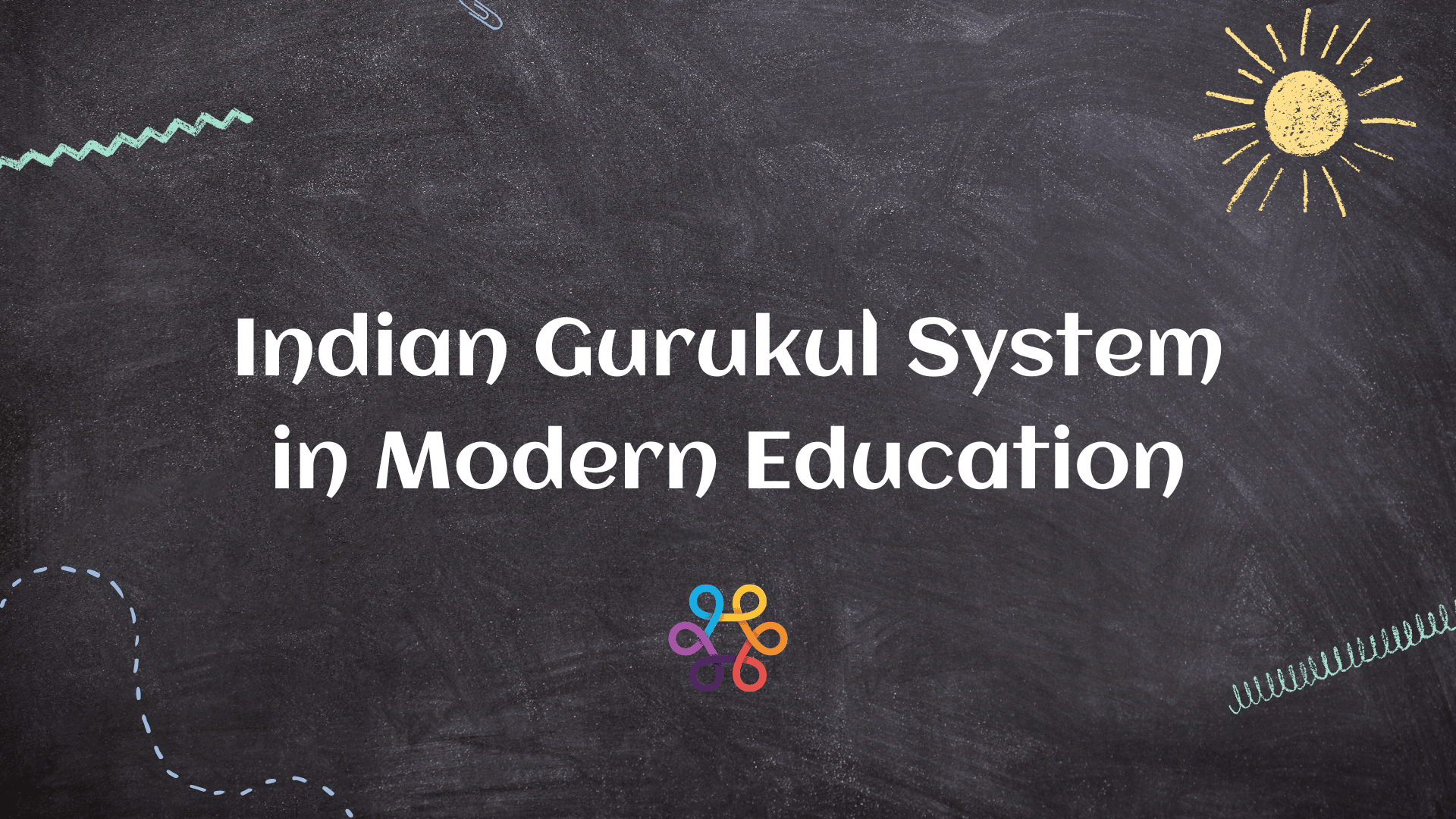Reviving the Spirit of the Ancient Indian Gurukul System in Modern Education
Discover the rich history of the ancient Indian Gurukul system and explore how its principles can be adapted to modern education, fostering a holistic and personalized approach to learning.

Introduction
The ancient Indian Gurukul system holds a wealth of wisdom and knowledge that can inspire transformative changes in modern education. This blog post explores the origins, principles, and values of the Gurukul system and discusses how its spirit can be revived in today's educational landscape to foster a more holistic and personalized approach to learning.
The Gurukul System: A Brief History
The Gurukul system, originating thousands of years ago, was the primary form of education in ancient India. This residential learning system emphasized a holistic approach to education, focusing on the intellectual, moral, and spiritual development of students under the guidance of a Guru or teacher.
In a Gurukul, students lived with their Guru, learning various subjects like Vedic scriptures, philosophy, arts, and sciences, along with practical skills and moral values. The relationship between the Guru and the student was built on trust, respect, and mutual understanding.
The Decline of the Gurukul System
Over time, the Gurukul system faced several challenges, including invasions, political instability, and the eventual introduction of the British education system. As Western-style education became more widespread, the Gurukul system's holistic and personalized approach to learning gradually declined, replaced by a more structured and formal system.
Lessons from the Gurukul System for Modern Education
Despite its decline, the Gurukul system's core principles can still offer valuable insights for modern education:
- Holistic and personalized approach to learning: The Gurukul system focused on the unique needs and abilities of each student, fostering their intellectual, emotional, and spiritual growth. Modern education can benefit from adopting a more individualized and comprehensive approach to teaching.
- Emphasis on moral values and character building: In a Gurukul, students were not only taught subjects but also the importance of ethics, discipline, and social responsibility. Incorporating moral values and character development into modern education can help shape well-rounded individuals.
- The importance of practical knowledge and hands-on experience: Gurukuls emphasized learning through practical experiences, encouraging students to apply their knowledge in real-life situations. Modern education can benefit from a balance between theoretical and experiential learning.
Case Studies: Reviving Gurukul Principles in Modern Indian Education
Several schools, institutions, and initiatives across India have successfully integrated Gurukul principles into their teaching methodologies. These efforts have resulted in positive outcomes for students, fostering a more holistic and personalized learning experience.
The Way Forward: Integrating Gurukul Principles into the Indian Education System
To revive the spirit of the Gurukul system in modern education, the following recommendations can be considered:
- Curriculum reform: Integrate Gurukul-inspired principles into the curriculum by incorporating holistic learning, character development, and practical knowledge across all levels of education.
- Teacher training: Provide professional development programs for teachers that emphasize the importance of personalized teaching, moral values, and experiential learning in the classroom.
- Collaborative learning environments: Encourage schools to create supportive and collaborative learning environments that foster a strong sense of community and shared responsibility among students and teachers.
- Community engagement: Strengthen the relationship between schools and local communities, involving parents, elders, and community leaders in the learning process to create a more holistic educational experience.
Conclusion
The ancient Indian Gurukul system offers a wealth of wisdom that can inspire transformative changes in modern education. By reviving the spirit of this time-tested approach, we can create a more holistic, personalized, and meaningful learning experience for students, ultimately empowering them to become well-rounded individuals who contribute positively to society. Embracing the principles of the Gurukul system can help pave the way for a brighter future in education, fostering the intellectual, moral, and spiritual growth of learners across India.